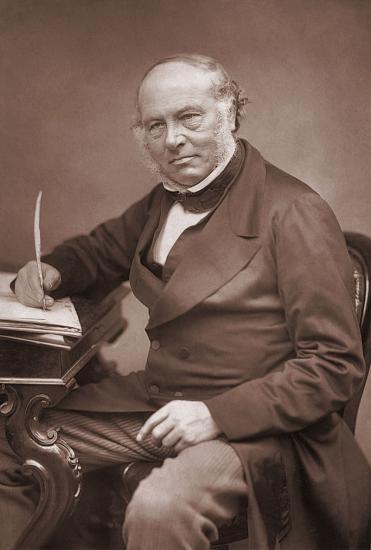Price Of Stamps To Rise
25th February 2017

The price of First Class and Second Class stamps will rise by one pence.
It will take the price of a first class stamp to 65p, and second class to 56p.
Royal Mail said the price rises were necessary to maintain the universal service - the principle that it delivers letters across the whole of the UK for the same price.
A stamp for large first class letter will rise by 2p to 98p. A large second class letter will go up by 1p to 76p.
The increases are in line with the rise in the Consumer Prices Index (CPI), which rose by 1.8% in the year to January.
Dr Paul Simmonds said: "The increases come as the Royal Mail is under pressure to improve its performance. Its shares are currently trading at 410p well below their post-privatisation peak of 604p; they have also declined since their May 2016 peak of 541p.
"Royal Mail does face a challenging business environment. The Group half year profits to 25th September 2016 were 5% lower at £320m and they increased their cost savings target to restore profitability. Hitherto they have been successful in achieving significant cost reductions while avoiding damaging and costly industrial action but now they face difficult negotiations with unions over further cost reduction programmes and also pensions.
"There was a significant drop following the January 2017 trading update which said total letter revenues had dropped 5% in the nine months to 25th December compared to the same period in 2015. On the positive side, revenue from parcels had increased 3% on volumes that were up by 2%. While the 6% reduction in addressed letter volumes wasn't surprising - it's a long-term trend and shows no sign of abating - there has also been a significant fall in advertising (junk) mail where volumes and revenues had previously been holding up reasonably well."
Paul Simmonds, of Warwick Business School, is a Senior Teaching Fellow and researches IPOs and UK conglomerates.
Thanks to Rowland Hill For The Universal Postage Idea.
Rowland Hill - (From Wikipedia)
The Englishman Sir Rowland Hill began interest in postal reform in 1835. In 1836, a Member of Parliament, Robert Wallace, provided Hill with numerous books and documents, which Hill described as a "half hundred weight of material". Hill commenced a detailed study of these documents, leading him to the 1837 publication of a pamphlet entitled "Post Office Reform its Importance and Practicability". He submitted a copy of this to the Chancellor of the Exchequer, Thomas Spring-Rice, on 4 January 1837. This first edition was marked "private and confidential," and was not released to the general public. The Chancellor summoned Hill to a meeting during which the Chancellor suggested improvements and changes to be presented in a supplement, which Hill duly produced and supplied on 28 January 1837.
Rowland Hill then received a summons to give evidence before the Commission for Post Office Enquiry on 13 February 1837. During his evidence, he read from the letter he wrote to the Chancellor, including a statement the notation of paid postage could be created "...by using a bit of paper just large enough to bear the stamp, and covered at the back with a glutinous wash...". This is the first publication of an unambiguous description of a modern adhesive postage stamp (though the term "postage stamp" did not yet exist at that time). Shortly afterward, the second edition of Hill's booklet, dated 22 February 1837, was published, and made available to the general public. This booklet, containing some 28,000 words, incorporated the supplement given to the Chancellor, and statements he made to the Commission.
Hansard records that on 15 December 1837, Benjamin Hawes inquired to the Chancellor of the Exchequer "whether it was the intention of the Government to give effect to the recommendation of the Commissioners of the Post-office, contained in their ninth report relating to the reduction of the rates of postage, and the issuing of penny stamps?"
Hill's ideas for postage stamps and charging paid-postage based upon weight soon took hold, and were adopted in many countries throughout the world. With the new policy of charging by weight, using envelopes for mailing documents became the norm. Hill's brother Edwin Hill invented a prototype envelope-making machine that folded paper into envelopes quickly enough to match the pace of the growing demand for postage stamps.
Rowland Hill and the postal reforms he introduced to the UK postal system are commemorated on several commemorative postage issues of the United Kingdom.
Photo
Rowland Hill from Wikipedia


